Question And Answer
Publications
Articles, publications, books, tools and multimedia features from the U.S. Institute of Peace provide the latest news, analysis, research findings, practitioner guides and reports, all related to the conflict zones and issues that are at the center of the Institute’s work to prevent and reduce violent conflict.
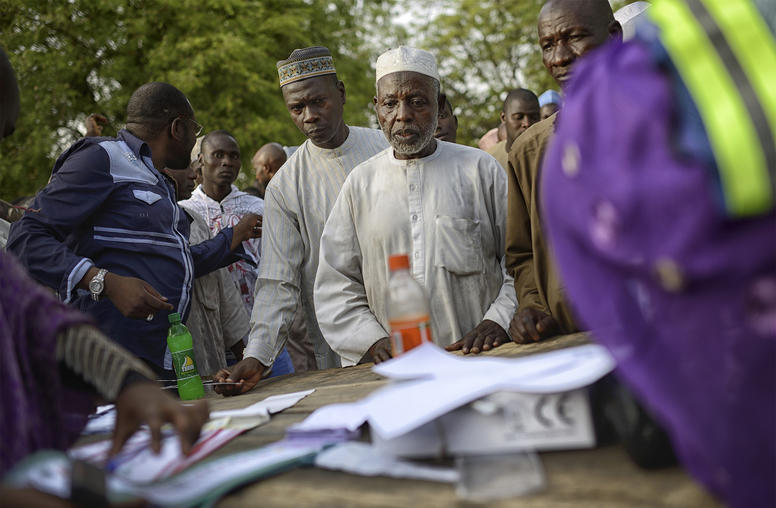
A Key Election for Nigeria Raises a Rising Demand: Inclusion
Nigerians, nearly one-sixth of all Africans, will choose a new president next week in what may be Africa’s most consequential election of 2023. A central demand amid this campaign is a better inclusion of Nigeria’s hundreds of ethnic, religious and other communities in elections and governance.
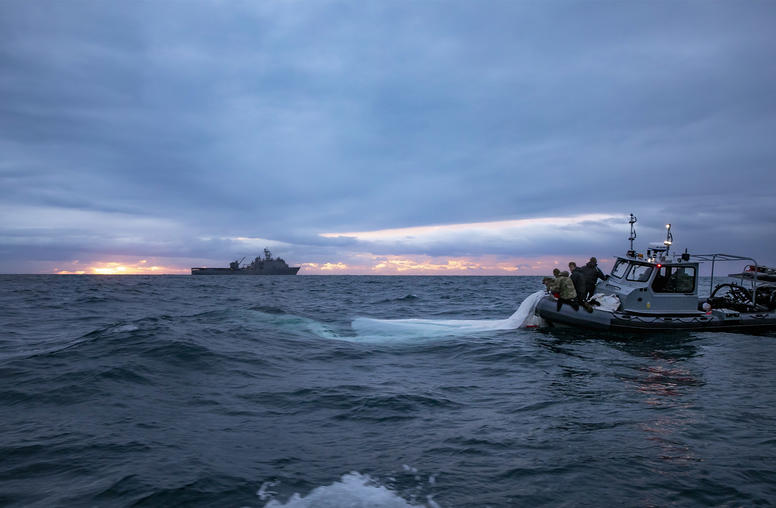
Beijing and the Balloon: The Unbearable Lightness of Being China
On February 2, a high-altitude air balloon was sighted over Montana and over the following days the focal point of conversation for people across the United States became the white airship aloft 60,000 feet above the earth. Inquiring minds wanted to know what it was, what it was doing and from whence it came.
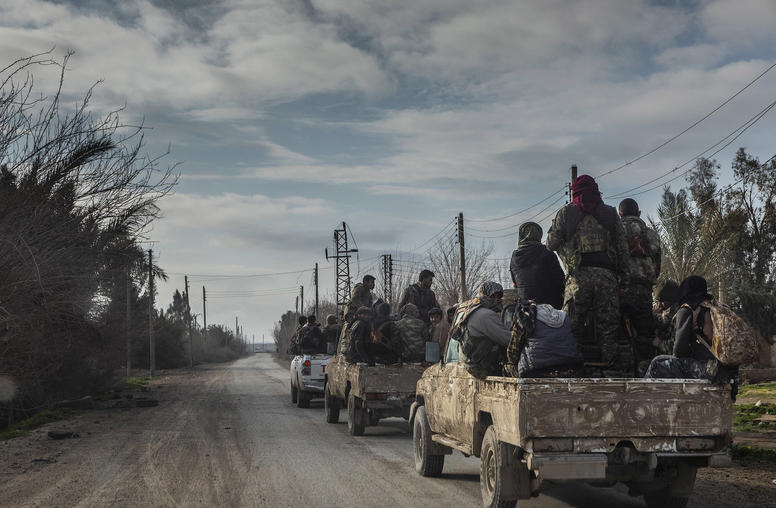
Fragile States Provide Extremists Fertile Ground to Recruit and Grow
Editor’s Note: Below are the excerpts of an interview originally published by the European Eye on Radicalization with USIP’s Mona Yacoubian about the various drivers of terrorism and constructive ways to address the phenomenon. She says the fragility of states provide an enabling environment for terrorists to operate and underscores the various ways that extremists benefit from this environment.
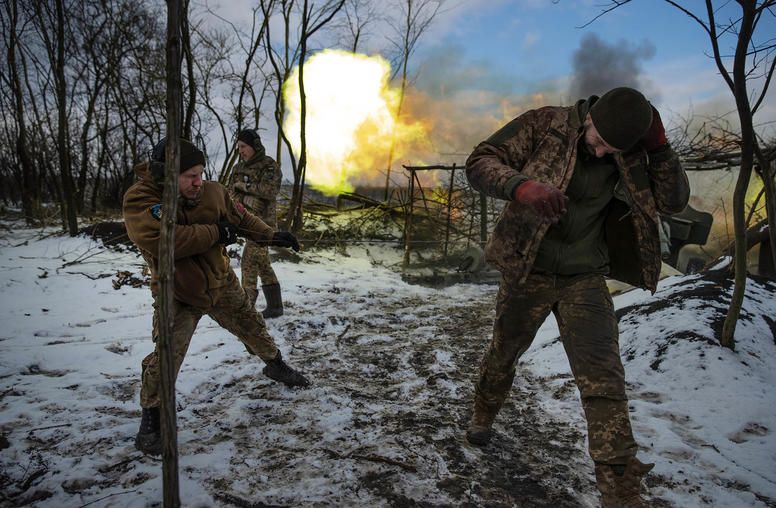
Ukraine’s Year of War: What Does It Mean?
One agonizing year after Russian President Vladimir Putin launched his all-out war on Ukraine, the pictures and stories of brutal inhumanity have at times been numbing: a 21st-century resurgence in Europe of violence that recalls the Nazi Holocaust or the worst excesses of the Balkan wars. For average citizens as well as policymakers, the deluge of news and the layers of concerns — for Ukraine, for European stability, and for a world free of such warfare — can make it hard to pull out key focal points. With no end to this conflict now in sight, Ambassador William Taylor discusses how we might assess this past year and focus on next steps.
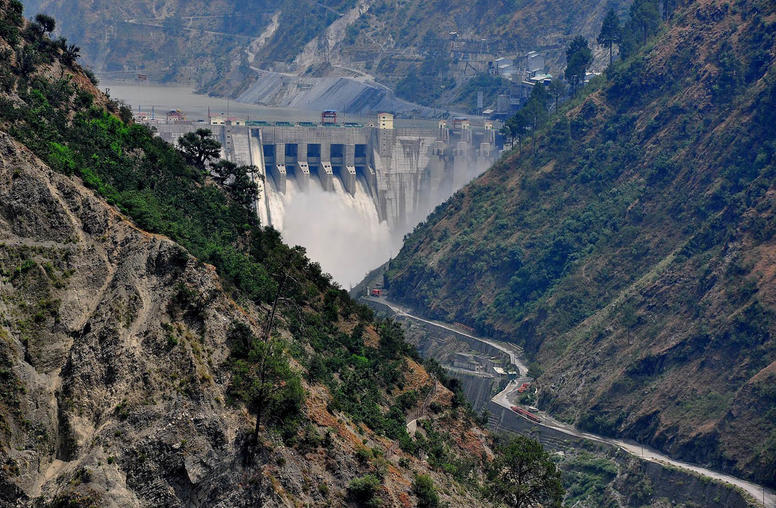
India and Pakistan Are Playing a Dangerous Game in the Indus Basin
On January 25, India sent a notice to Pakistan demanding the modification of the Indus Waters Treaty. Pakistan has so far refused to engage. The treaty, which India, Pakistan and the World Bank originally signed in 1960, allocates rights over the waters of several rivers in the Indus Basin to India and Pakistan.
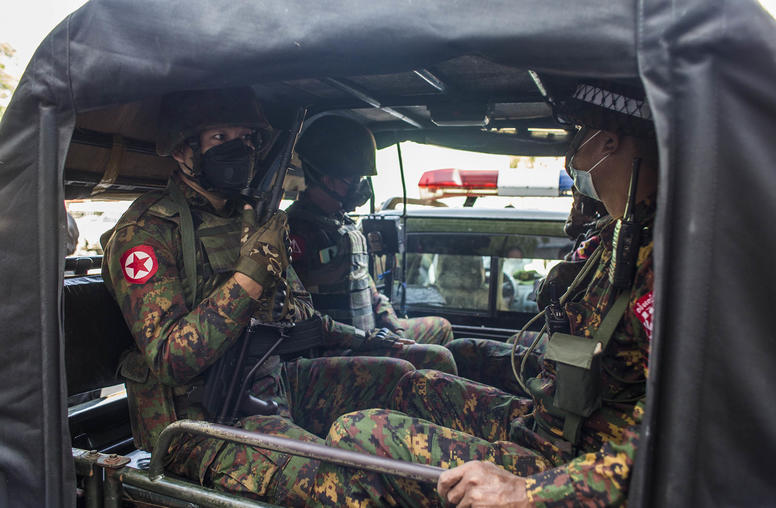
The Limits of Beijing’s Support for Myanmar’s Military
Since late 2022, Beijing has increasingly signaled the limits of its support for Myanmar’s junta against pro-democracy forces and protection against international efforts to hold the army accountable for its crimes. In particular, Beijing has demonstrated a reluctance when doing the junta’s bidding internationally results in significant political costs vis-à-vis its relations with Southeast Asian states or its reputation at the United Nations.
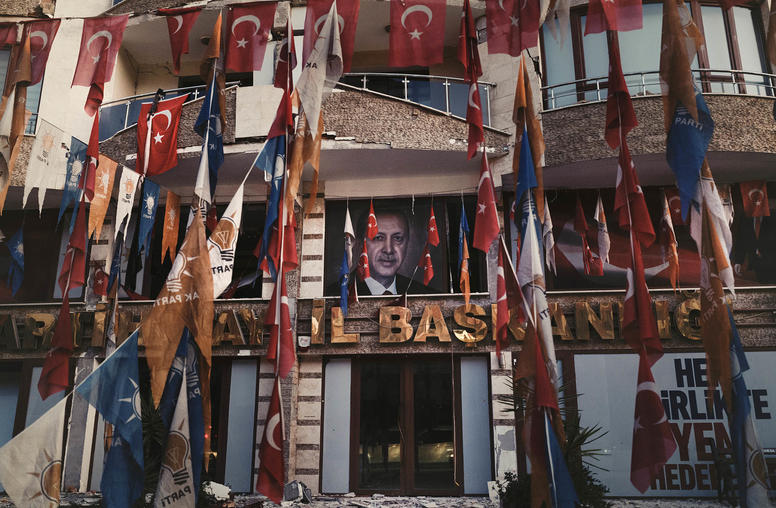
NATO: Keep Urging Turkey to Admit Sweden, Finland as Allies
Nearly nine months after Sweden and Finland applied to join the NATO alliance, Turkey continues to block their accessions. Turkey’s obstruction persists even though the applicants have now met many of its demands, and in spite of sustained high-level engagement from the United States and NATO’s secretary general. Turkish presidential elections, scheduled for May, make a breakthrough unlikely anytime soon. But Sweden’s response to the recent Turkish earthquakes could provide an unexpected opportunity for renewed progress. It is in the U.S. interest, and that of Europe’s future peace and stability, to keep up the effort. The window between now and NATO’s July summit in Vilnius will be crucial for patient diplomacy, backed by pressure, to break the deadlock.
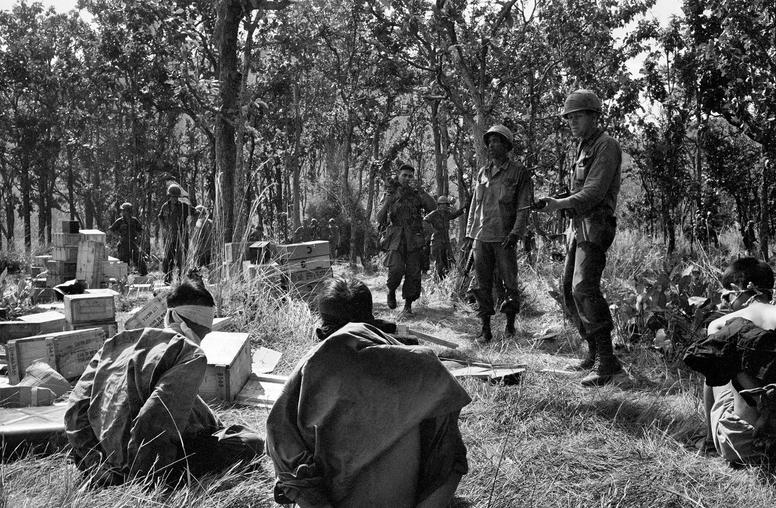
We Can Heal War’s Traumas; U.S. and Vietnam Show How
This winter marks 50 years since U.S. and Vietnamese diplomats in Paris ceremoniously signed “peace accords” that did not end the Vietnam War, but that achieved America’s withdrawal from it. Thus, the accords permitted, a half-century later, what is now a durable American-Vietnamese reconciliation. In the face of seemingly intractable wars — in Ukraine, Afghanistan, the eastern Congo basin, Yemen or elsewhere — the growing U.S.-Vietnamese relationship shows that even a peace that seems impossible today can indeed be built for our children.
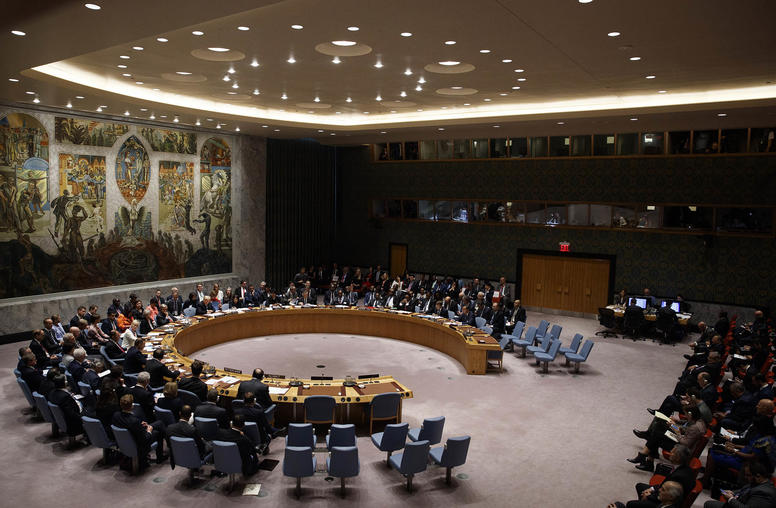
The U.N. Security Council Was Designed for Deadlock — Can it Change?
When Russia invaded Ukraine in February 2022, its permanent seat at the U.N. Security Council (UNSC) quickly snarled the prospects of multilateral action. Eighty-one of the U.N.’s 193 member-states cosponsored a resolution denouncing the invasion — a clear violation of the core principles of the U.N. Charter and international law — and Russia, exercising its privileges as a permanent member, immediately and unilaterally vetoed it. The year since Russia’s invasion has only strengthened an already-widespread consensus on how broken the UNSC is, with subsequent calls for change gathering real momentum. Still, real structural reform remains a distant prospect: no matter how much they publicly acknowledge its unjust rules, permanent members are unlikely to undermine their own advantages in the council. But there are other, more informal engines of change at the UNSC.
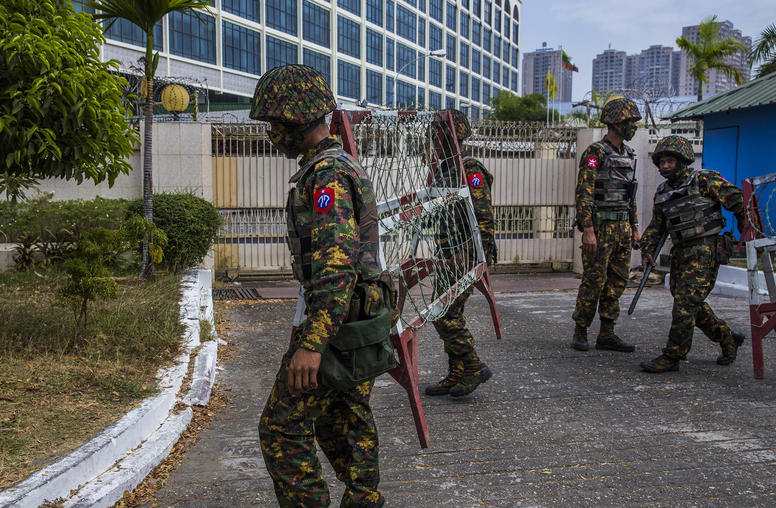
Atrocities in Myanmar: Documenting the Junta’s Attacks on Civilians
Even before the February 2021 coup, Myanmar’s military often deployed systematic violence against civilians, developing a reputation for ruthlessness that dates back decades. Their abuse of ethnic minorities such as the Rohingya have been the subject of countless international human rights investigations, while their nearly unchecked power allowed them to operate with impunity.